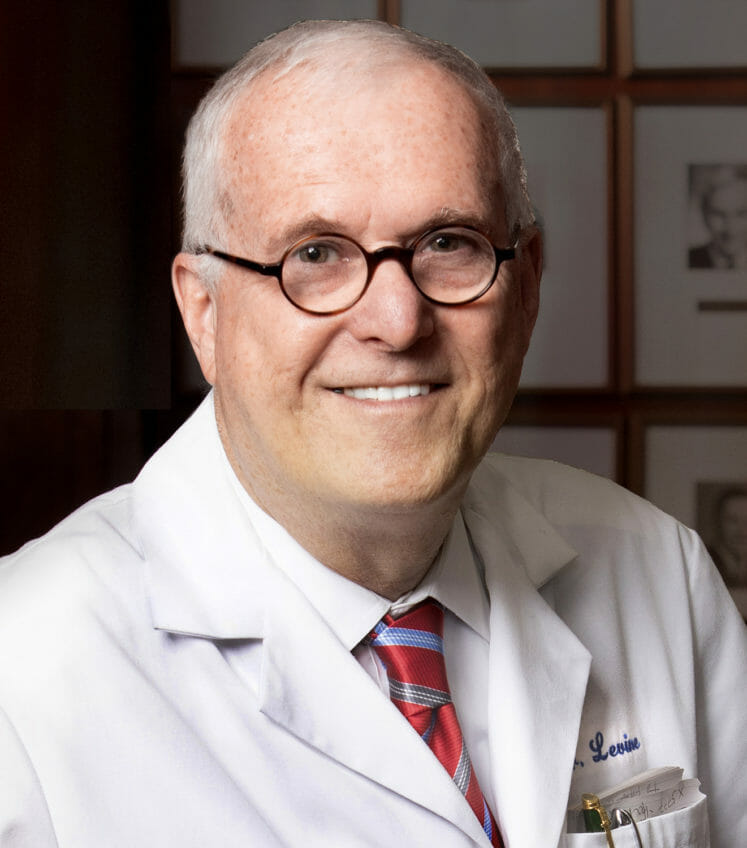
Q: Is wound care a specialty?
A: I am often asked if wound care is a medical specialty, and the answer is a surprising “NO.” Despite the surge in chronic wounds, there is no credential provided by the American Board of Medical Subspecialties for wound care in either medicine or surgery.
Wound care has been around since the first recorded medical records in ancient Egypt, but it fell off the map of medical education in the late 19th century. The gap has been filled by a variety of certifications, some sponsored by for-profit entities and often with industry support. Certification can be conferred upon a variety of practitioners, sometimes with only brief online education.
The absence of medical specialty certification has resulted in a knowledge gap in assessing and treating wounds for most doctors, which impacts many patients, including the geriatric population. The consequence is a profusion of educational materials and gray literature from outside the bounds of traditional academic channels that supports a variety of products and technologies. Various surgical specialties also entered the arena, creating a Tower of Babel for wound care with different practice styles, procedures, techniques and treatments.
The gap in long-term care is partially filled by third-party wound care providers. An array of national companies employ practitioners with various backgrounds, training them in wound assessment, procedures and medical billing. Most are physician-based, but some provide nurse practitioners.
Wound care is a complex topic that demands knowledge in areas including geriatrics and palliative care. The practitioner must be knowledgeable regarding physiology, products, and differences in caregivers and systems across the healthcare continuum. Hopefully, future generations of physicians will break down interprofessional silos to provide comprehensive training and certification for physicians treating wounds.




